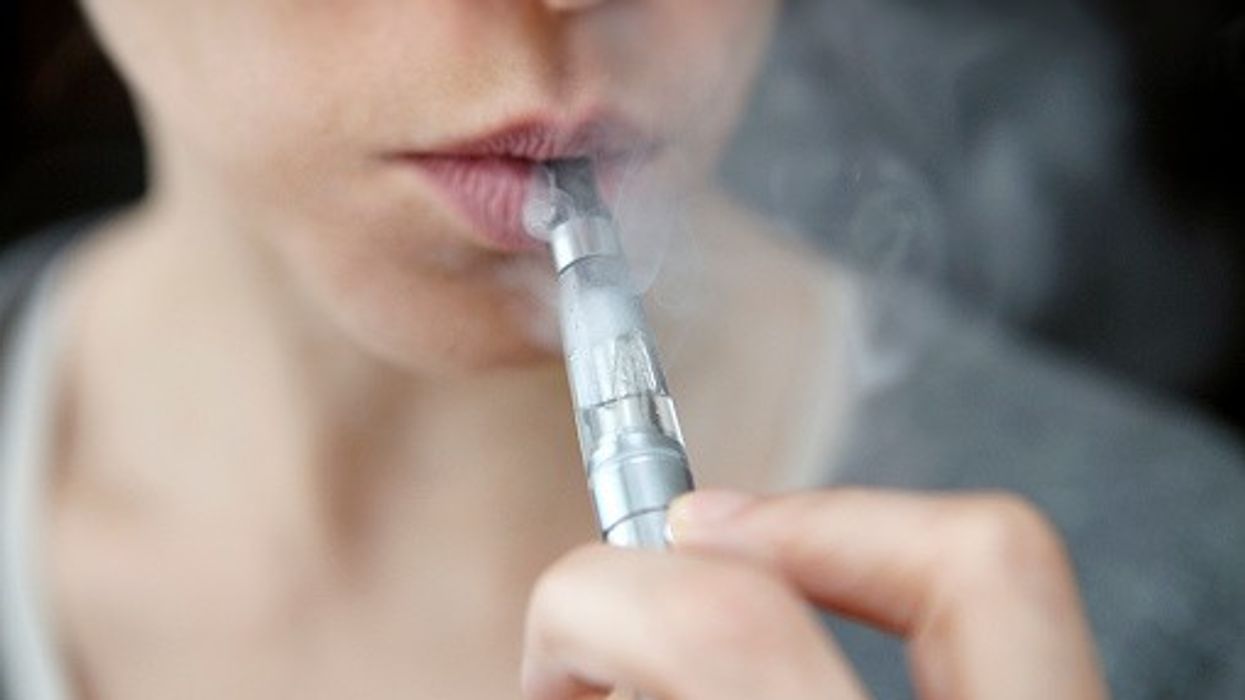Concerningly, it also found that one in five British women vape while trying to get pregnant
Women who are trying to conceive should stop vaping as it may affect fertility, a study by the women’s health firm Hertility has suggested.
Analysis of blood samples from more than 8000 women revealed that vapers and smokers have lower levels of anti-mullerian hormone (AMH), which indicates how many eggs women have left in their ovaries.
Across all age groups, AMH levels were found to be lower in people who vaped than non-vapers, suggesting that vaping could accelerate age-related decline in egg reserve.
Concerningly, the report revealed that one in five British women vape while trying to get pregnant, with a significant portion also engaging in other lifestyle “vices” such as alcohol, drugs and smoking.
The study’s author, Dr Helen O’Neill, a lecturer in reproductive and molecular genetics at University College London and the chief executive of Hertility, recommended that women should quit vaping to avoid “thwarting” their chances of getting pregnant.
O’Neill said women planning to get pregnant should be given clear guidance of “no drinking, no vaping, no smoking, no drugs”, the Times reported.
According to her, this report is the first piece of evidence to show a link between fertility and vaping across a large population.
“It shows that AMH is suppressed in vapers compared to non-vapers, in a similar way to what has already been shown in smokers. AMH is a hormone used to assess ovarian [egg] reserve, and therefore fertility,” she said.
The report was based on data from 325,000 women in the UK, mostly in their 20s and 30s.
About 22 per cent of those actively trying to conceive said they vape regularly or occasionally, while 27 per cent of those aspiring to have children in the future reported engaging in vaping.
An equivalent number of women admitted to smoking tobacco cigarettes, which have already been proven to harm fertility.
The report also found that 7 per cent take recreational drugs, and 40 per cent drink alcohol weekly.
O’Neill said that women should be advised about the risks of drinking in the year before getting pregnant.
“Trying to drink in moderation can be a slippery slope when it comes to volumes and intake of wine or alcohol in a week. The best advice is to stop, as opposed to cutting down or trying in moderation,” she added.
Earlier studies have demonstrated that consuming alcohol, even in moderation, decreases the likelihood of conception compared to non-drinkers.
Last month the UK government passed a law prohibiting the sale of tobacco products to anyone born after 1 January 2009, aiming to create a smoke-free generation.
To address youth vaping, the government is also introducing new restrictions on vapes, including a complete ban on disposable vapes.













